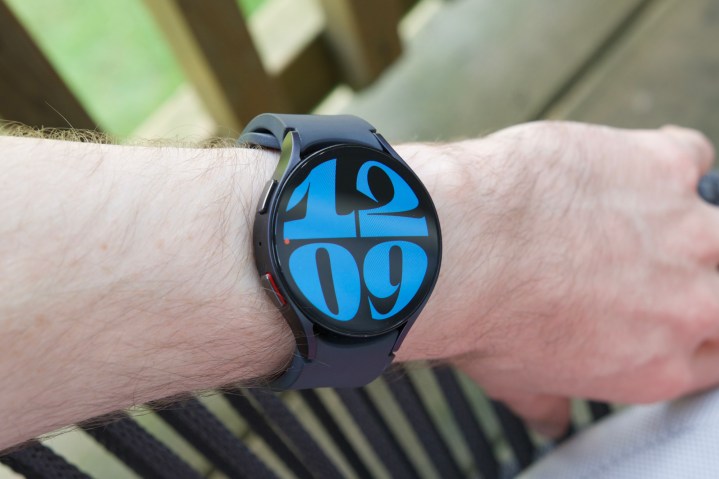
Samsung has once again beaten the Apple Watch to a crucial piece of health-centric smartwatch tech. The company says it has received U.S.Food and Drug Administration approval for offering sleep apnea detection on its Galaxy Watch smartwatch lineup.
But before we get into the benefits of the feature, there are a couple of disappointing updates here. First, the feature will only be rolled out via a software update in the third quarter of 2024, which means you will have to wait until July, at the very least, for sleep apnea detection to appear on your Galaxy smartwatch.
Second, the availability will vary by market, as well as by the model number of the smartwatches. Samsung hasn’t specified exactly which Galaxy Watch trims will be getting the promised update, but the Galaxy Watch 6 and Galaxy Watch 6 Classic should be safe candidates.

With the disappointing bits out of the way, sleep apnea detection is a notable feature to offer via a smartwatch. According to the National Institutes of Health, sleep apnea, a prevalent disorder, involves repeated interruptions in breathing during sleep.
The most frequent form, obstructive sleep apnea, occurs when the upper airway is repeatedly blocked, diminishing or halting airflow as you sleep. Central sleep apnea, on the other hand, arises when the brain fails to transmit the necessary signals for breathing.
If not addressed, sleep apnea can elevate the likelihood of various health issues, such as high blood pressure, heart disease, stroke, diabetes, and certain types of headaches. However, numerous individuals with sleep apnea remain unaware of their condition, as per experts at Johns Hopkins Medicine.
Numerous research findings indicate a link between sleep apnea and various health issues, including Type 2 diabetes, strokes, heart attacks, and a reduced life span. Obesity, which is frequently observed in individuals with sleep apnea, significantly raises the likelihood of experiencing diabetes, stroke, and heart attacks.

There is also evidence pointing to a direct connection between sleep apnea and the onset of diabetes. Depending on the severity and related body system complications, sleep apnea requires proper consultation with a certified medical expert.
Samsung’s implementation of sleep apnea detection on its Galaxy smartwatches will only be available for users who are 22 years of age or older. It will require them to sleep wearing the smartwatch for two days in order to collect the data and detect problematic sleep behavior.
It seems that by the time this feature starts rolling out, Apple will also have it ready. Reports suggest that Apple is eyeing sleep apnea detection, as well as blood glucose level monitoring, for the 10th-gen Apple Watch set to arrive later this year.



